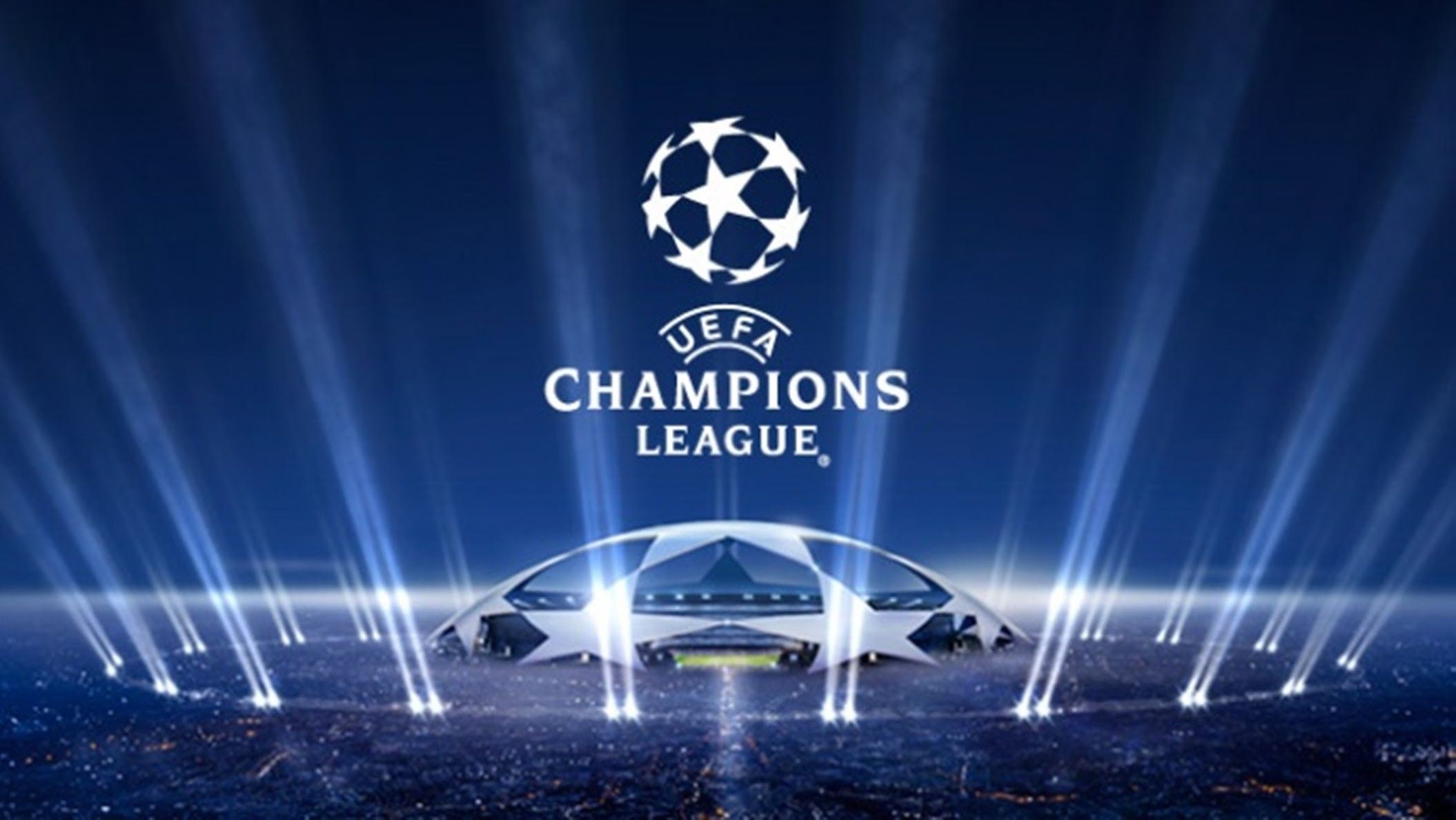In a move that signals a significant re-evaluation of how major sporting events cater to their global audience, UEFA has announced a pivotal change to the kickoff time for the Champions League final. Starting with the 2026 final at Budapest`s Puskás Arena, the beautiful game`s most anticipated club match will commence at 6 p.m. local time, departing from its traditional late-night slot. This isn`t merely a minor adjustment to the schedule; it represents a strategic pivot designed to elevate the entire spectator experience, both inside and outside the stadium.
The Logic Behind the Shift: Prioritizing the Fan
For decades, the spectacle of the Champions League final unfolding under floodlights, often concluding well past 11 p.m., has been an iconic image. However, beneath the grandeur lay a less glamorous reality for thousands of attendees: a logistical gauntlet. Imagine the emotional intensity of a final, potentially stretching past midnight with extra time and penalties, only to face the challenge of navigating potentially sparse public transport or expensive late-night options. This new 6 p.m. kickoff aims to rectify precisely these pain points.
UEFA`s official statement underscores its commitment to “enhancing the overall matchday experience for fans, teams, and host cities.” The core benefits are strikingly pragmatic:
- Improved Travel Logistics: A daytime finish translates to better access to public transport, ensuring a safer and more convenient journey home for traveling supporters. The groundbreaking revelation that people prefer not to navigate public transport at midnight after an emotionally draining sporting event is, in its own right, a testament to common sense finally prevailing.
- Family-Friendly Environment: An earlier start makes the event significantly more accessible for families and children, fostering a welcoming atmosphere that encourages broader attendance.
- Host City Engagement: For host cities, the change is expected to boost economic impact, giving fans the opportunity to extend their celebrations and contribute more to local businesses without the pressure of an imminent midnight curfew.
Beyond the Stadium: Global Reach and Broader Appeal
The implications of this timing shift extend far beyond the immediate post-match travel arrangements. A 6 p.m. local start in Europe strategically aligns with more favorable broadcasting windows for vast audiences across different time zones. Regions where the traditional 9 p.m. slot meant watching at ungodly hours will now find the final much more accessible. This broader accessibility is particularly aimed at engaging younger viewers, ensuring the sport`s premier club competition remains relevant and captivating for future generations.
“Our goal is to make matchday a truly enjoyable experience for everyone who wants to be part of the excitement, while creating a welcoming atmosphere that makes it easy for families and children to attend the biggest and most important club football match of the season.”
This strategic decision, made in consultation with influential groups like Football Supporters Europe, indicates a forward-thinking approach from UEFA. It acknowledges that even the most hallowed traditions must sometimes evolve to remain relevant and inclusive in a rapidly changing global landscape.
Balancing Heritage with Progress
The Champions League final is steeped in rich history, and any alteration to its established format is bound to spark discussion. Will the majestic spectacle feel different without the deep night backdrop and the iconic floodlights marking the end of the European season? Perhaps. However, the trade-off in enhanced accessibility, improved fan welfare, and a broader global reach presents a compelling argument for this evolution.
This move underscores a growing awareness within major sports organizations that the “product” extends beyond the 90 minutes on the pitch. It encompasses the entire event ecosystem – from the initial journey to the stadium, the experience within, the global broadcast, and the safe return home. As the 2026 final in Budapest approaches, the football world will keenly observe if this brighter kickoff truly illuminates a path forward for future major sporting events, proving that sometimes, the best view is indeed in broad daylight.

